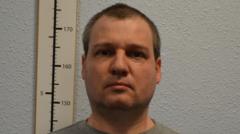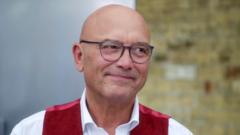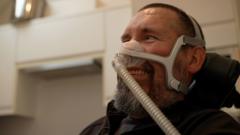Russian Spy Ring Exposed in UK Court Proceedings
A sophisticated Russian spy ring has been uncovered in the United Kingdom, with multiple defendants facing serious espionage charges. Two individuals, Orlin Roussev and Biser Dzhambazov, have already admitted to conspiracy to spy, while three others – Katrin Ivanova, Vanya Gaberova, and Tihomir Ivanchev – are currently on trial.
The prosecution alleges that the group was engaged in extensive espionage activities between 2020 and 2023, working for the benefit of Russia. They were reportedly operating under the direction of Jan Marsalek, described as an “intermediary for the Russian intelligence services”.
The group’s technical capabilities were remarkably extensive. Their equipment included 221 mobile phones, 258 hard drives, 495 SIM cards, 33 audio recording devices, 55 visual recording devices, 11 drones, and sophisticated surveillance technology like IMSI grabbers and Wi-Fi eavesdropping devices. They also possessed 75 passports and identity documents, including 55 in other individuals’ names.
Prosecutors outlined six key operations targeting various individuals and locations:
1. Targeting Christo Grozev, a journalist who uncovered Russian links to the 2018 Salisbury attack. Discussions included potential scenarios ranging from laptop theft to kidnapping or even killing him.
2. Surveilling Roman Dobrokhotov, a Russian investigative journalist who had fled Russia.
3. Targeting Bergey Ryskaliyev, a Kazakhstan national and former politician granted asylum in the UK.
4. Planning a “fake protest” at the Kazakh embassy in London to manipulate intelligence relations.
5. Conducting surveillance at Patch Barracks, a US Military Base in Stuttgart, believed to be training Ukrainian forces during the Russian invasion.
6. Targeting Kirill Kachur, a Russian national designated as a “foreign agent” who left Russia in 2021.
The prosecution described the group’s methodology as sophisticated, involving detailed surveillance, manufacturing false identities, and deploying advanced technology to acquire information. The female defendants were allegedly intended to be used as a “honey trap” to capture additional intelligence.
Prosecutor Alison Morgan KC emphasized that the defendants were “paid significant sums” and were fully aware they were conducting operations benefiting Russia. The group worked as a coordinated team, with Roussev receiving instructions from Marsalek.
Roussev’s guesthouse in Great Yarmouth was described as being “packed” with technical espionage equipment. The trial continues, with Ivanova, Gaberova, and Ivanchev denying the conspiracy to spy charges, while two of their alleged co-conspirators have already admitted guilt.
The case highlights the ongoing tensions and covert activities between Russia and Western countries, demonstrating the complex landscape of modern international espionage.



